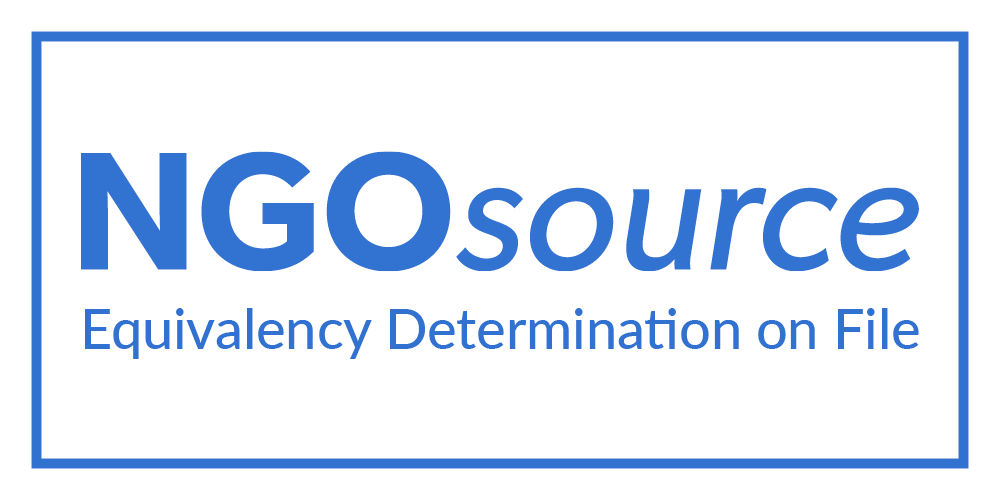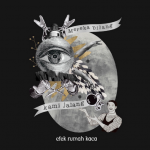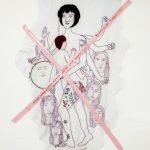Jakarta – Indonesia is in dire need of more diverse funds for its music ecosystems. The existing funds, according to the latest research in Bogor (West Java province) and Makassar (South Sulawesi) in 2019-2020 by The Indonesian Arts Coalition (Koalisi Seni), was far from enough to support the development of the music ecosystem.
“The research conducted in that two cities shows there are various source funds for the music ecosystem which came from self-funds, private funds, and government funds. Three of them came with different kinds of roles and practices,” said Harits Paramasatya, Policy Researcher of Koalisi Seni, on 23 August 2021.
The research found that some informants started building their music career independently. Before the pandemic, the majority of music events were also self-funded. Companies only sponsored big events, while cafes, restaurants, and bars take a role as a “nursery” for early-career musicians.
Meanwhile, public funds are only available for certain use, especially for state universities. In 2019-2020, only 7,6% of total music events in Bogor, and 10% in Makassar, was funded by state funds. In 2019, there were a total of 105 music events in Bogor and 95 events in Makassar, while in 2020 there were 52 and 35 music events in Bogor and Makassar.
“When pandemic hits, self-funds and private funds diminish. To make the music ecosystem sustainable, more sources of funds are needed, especially state funds. For instance, there is a Rp2 trillion budget of Cultural Trust Funds this year. If the new management is settled and disbursement is accurate, the Funds would really help support the music ecosystem,” said Ratri Ninditya, Policy Researcher Coordinator of Koalisi Seni.
Moreover, there is a need for action to increase bargaining positions between music workers and private investors. For starters, pro-musician collaborative policy and strengthening music workers’ business capacity will help.
This research is a part of Koalisi Seni’s effort to capture the reality of Indonesia’s music ecosystem based on art workers’ perspectives and empirical data. The reason the study was conducted in Bogor and Makassar is that both cities have similar populations with different geographical conditions.
In gathering the data, this research used literature review, focused group discussion, questionnaire, and interviews with 74 informants. They shared perspectives in discussions, questionnaires, and interviews. The study also used a cultural ecological approach, which sees the music ecosystem as a living cycle, regardless of dichotomy between commercial and non-commercial arts.
Apart from the funds and pandemic issue, the music ecosystem in both cities is also hindered by the lack of access to public spaces, gender gap in numbers and roles, and regional regulation impacts. Meanwhile, the music ecosystem got support from their own activist’s environment, availability of education institutions, and their strategic positions – Bogor as a satellite city and Makassar as provincial capital and the gate of eastern Indonesia.
We also highlighted inequality in women’s role. There is only a small number of women who hold strategic positions in music ecosystems such as manager, director, or music director. Moreover, marriage could also limit women in pursuing their musical career, and sexual harrasment still haunts women in music ecosystem.
To address those problems, Koalisi Seni recommends safe spaces and programs more in favor of women. Hopefully more women, regardless of their backgrounds and marital status, could be involved in the decision making process in the music ecosystem.
Koalisi Seni also draws up recommendations for each city. For Bogor, the development of the music ecosystem needs more intense dialogue between stakeholders, simplification of procedure in using public space, development of music infrastructure based on music workers’ needs, and incentives for private donors.
For Makassar, the city needs to formulate a post-pandemic music ecosystem restoration program, improving the role of arts council, and revitalization of theater.
The research could be accessed here bit.ly/potretmusik.
You can also listen to a playlist of highlight music released in Bogor and Makassar in 2019-2020 in bit.ly/bogormakassar.




